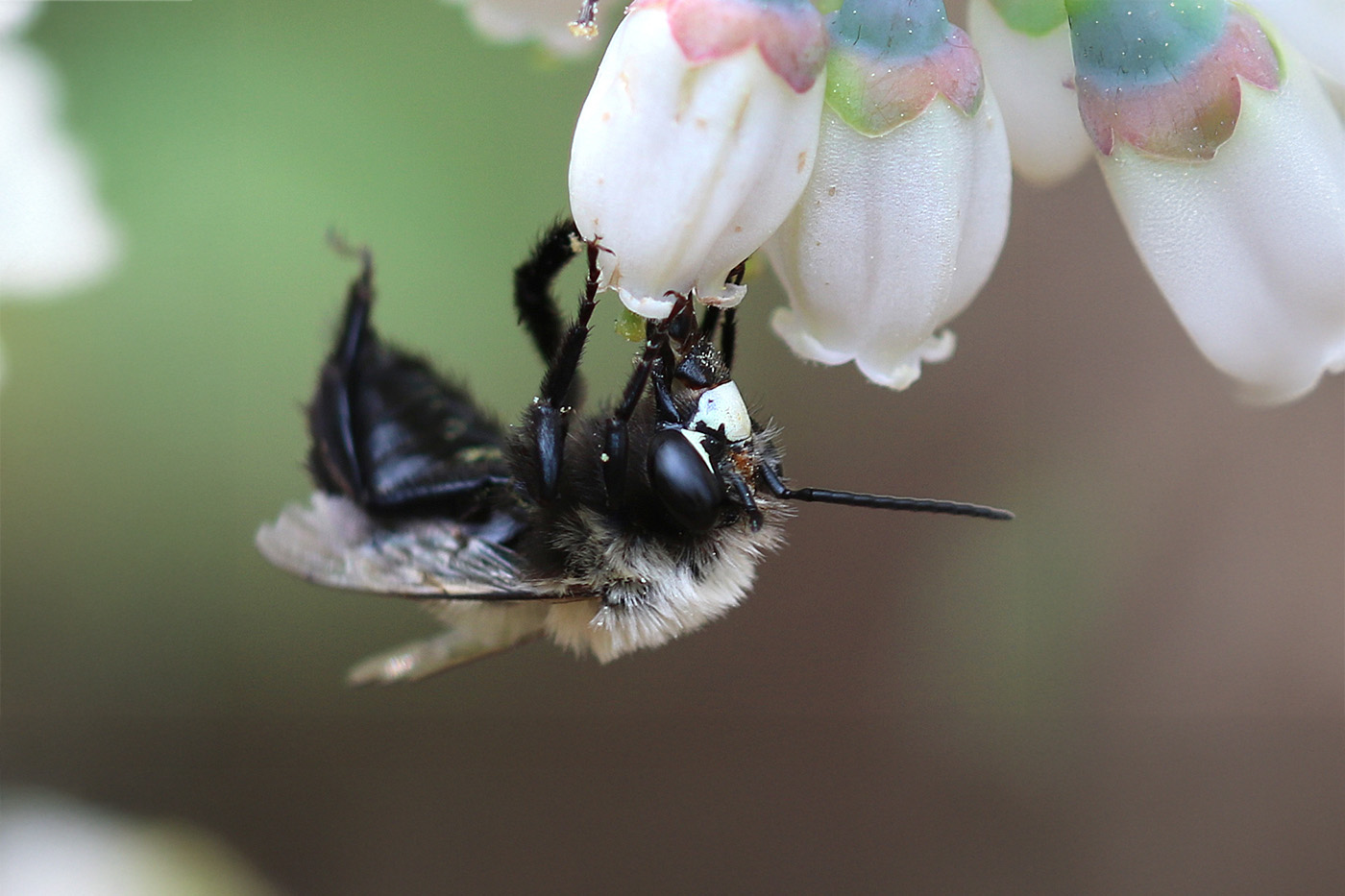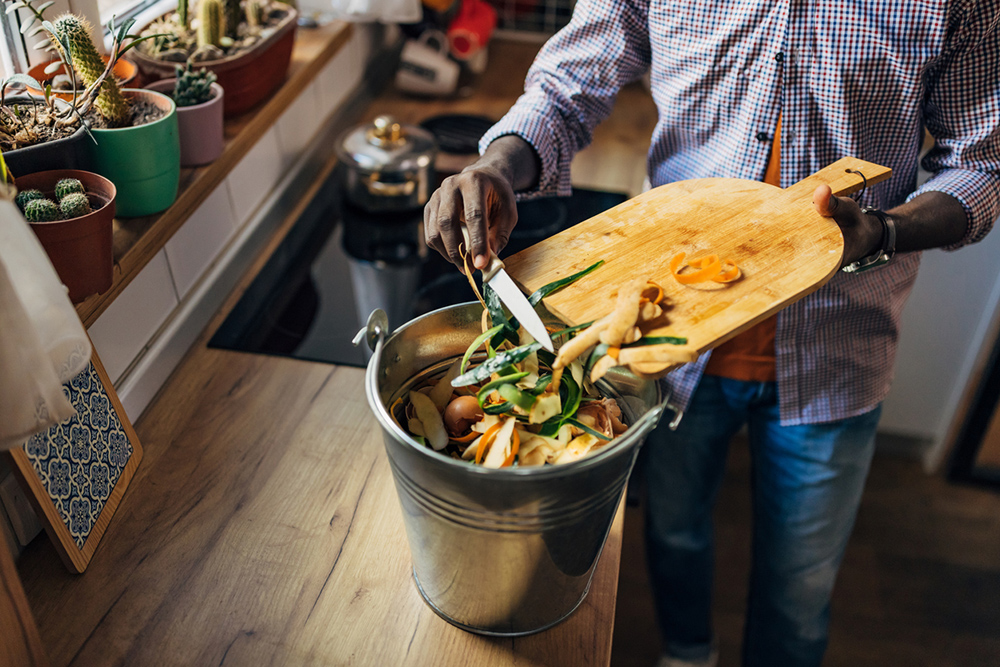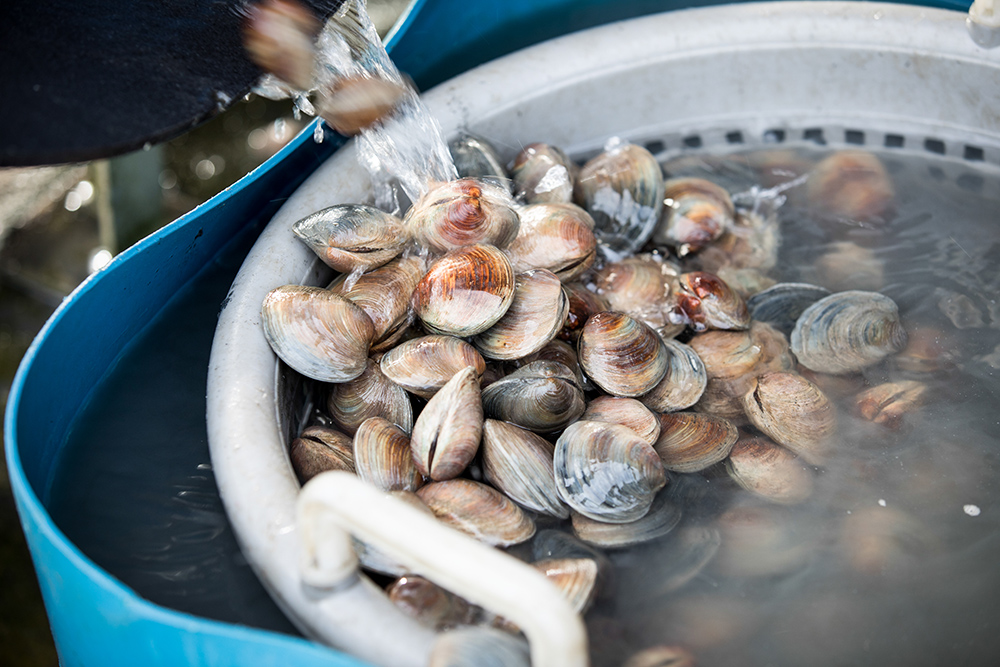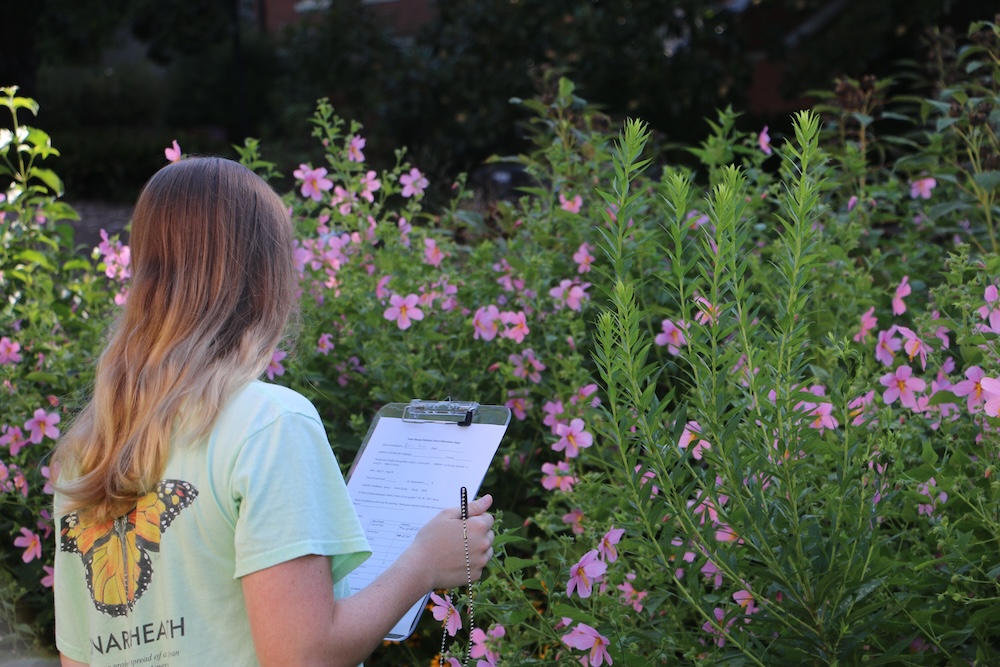 CAES News
CAES News
Bee Diversity
Long before a ripe blueberry makes it into a grocery cart or muffin mix, a native bee has likely played a quiet but critical role in its journey. Now, thanks to a robust study on wild bee diversity in blueberry fields, we know more about just how essential those wild pollinators are to one of the state’s most valuable fruit crops. Sarah Rezende, a doctoral candidate in entomology at the University of Georgia, is working to uncover what Georgia’s wild bees need to thrive — and how their movements shape the productivity of commercial blueberry farms.








